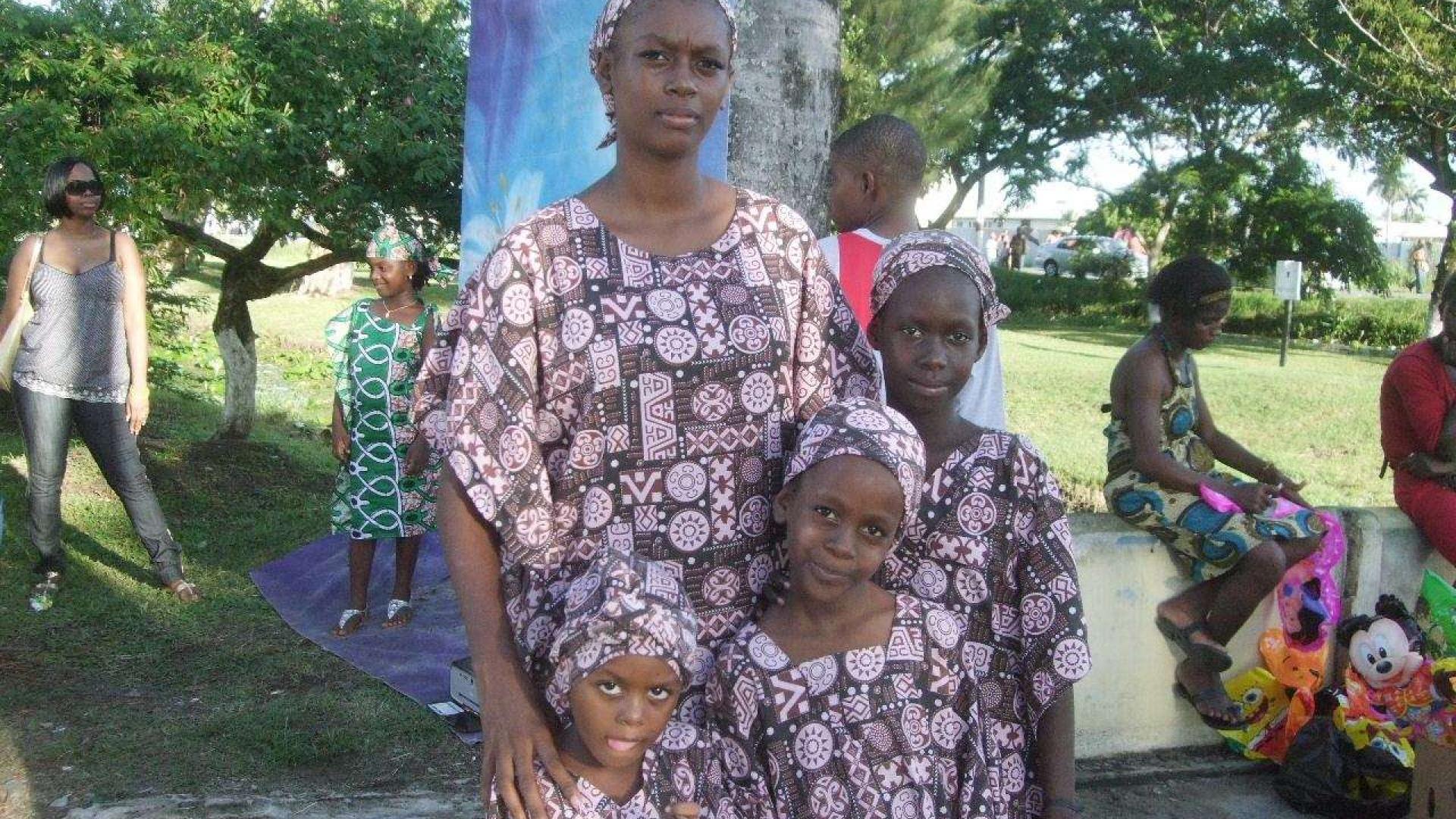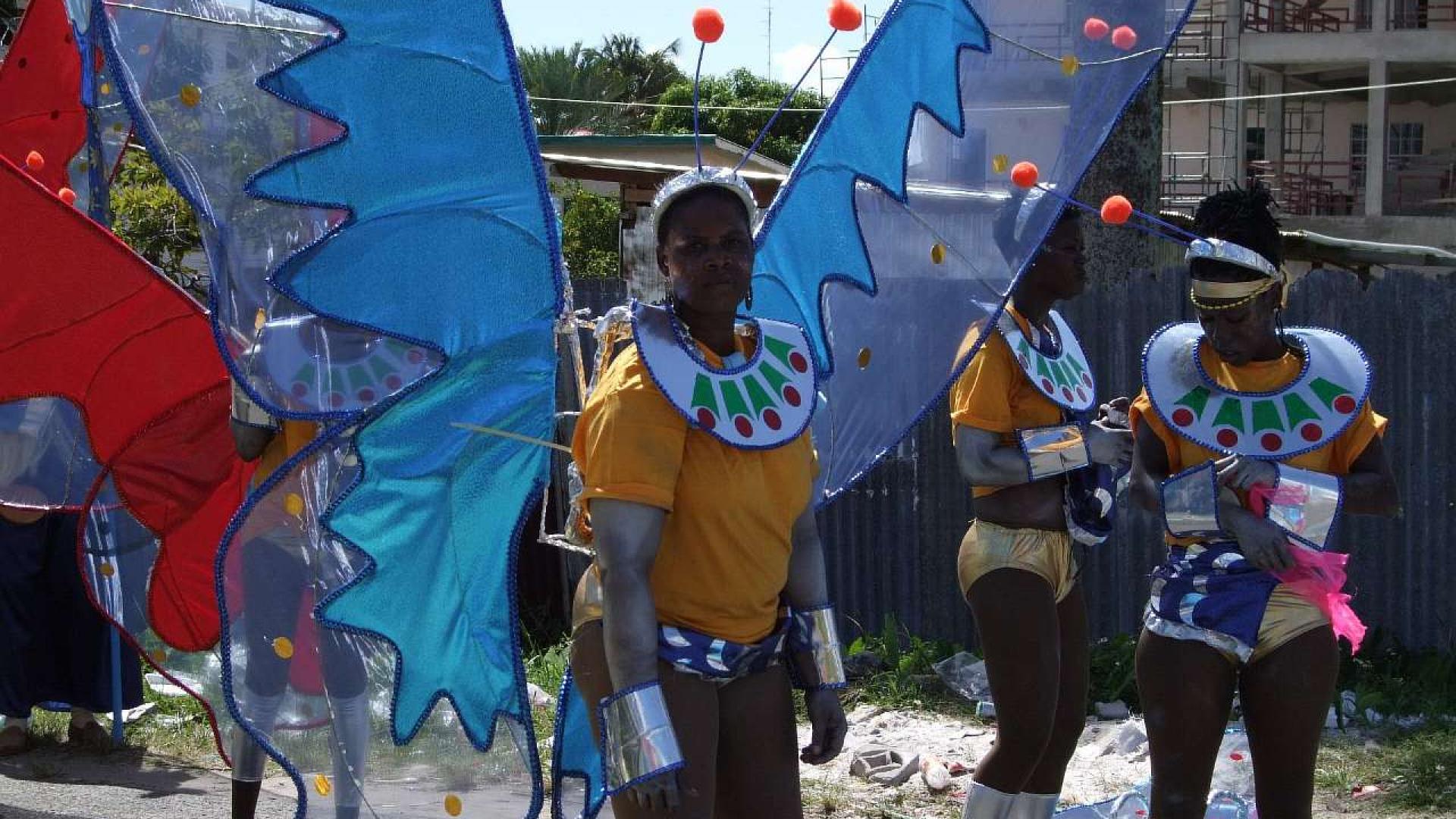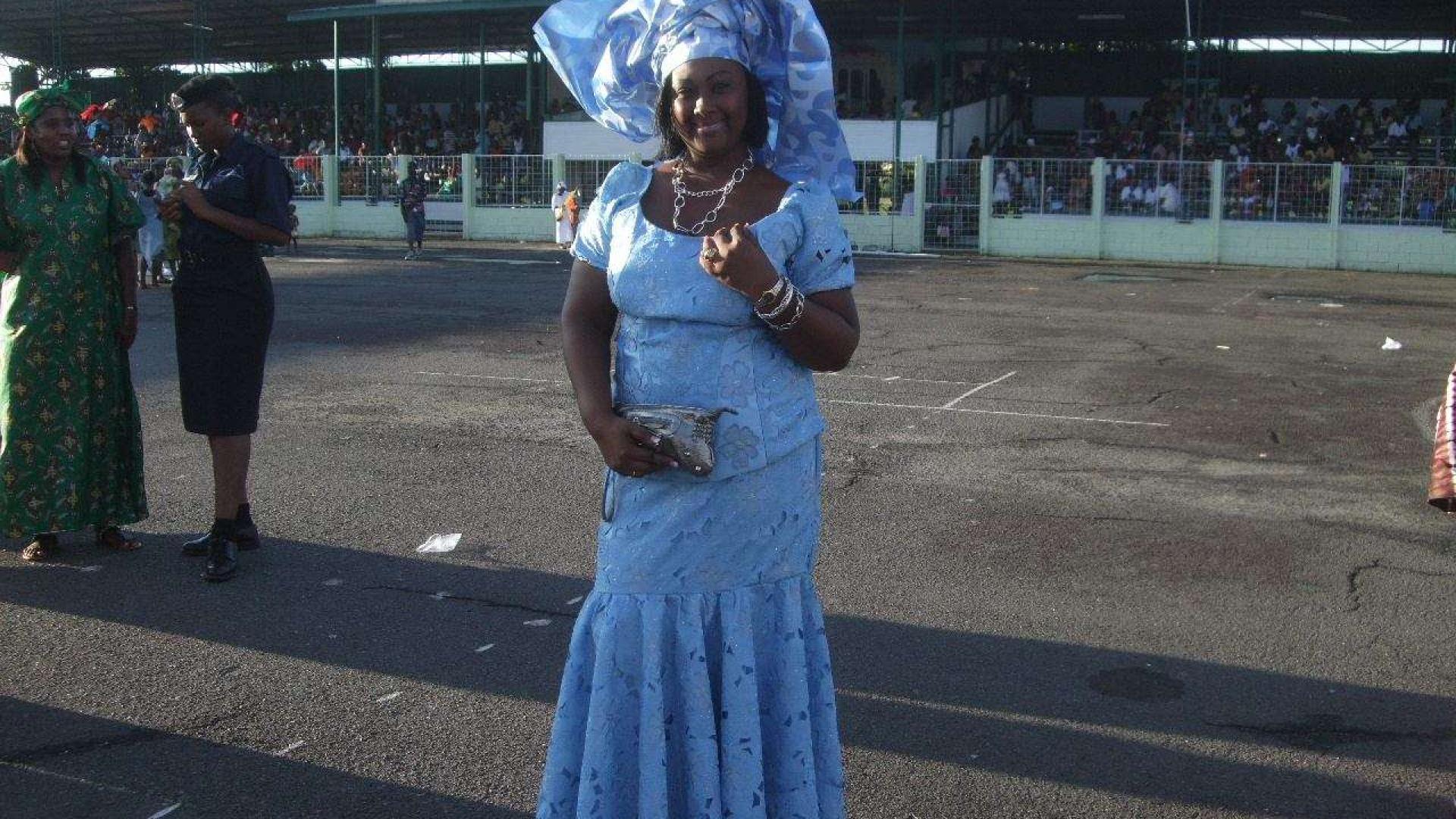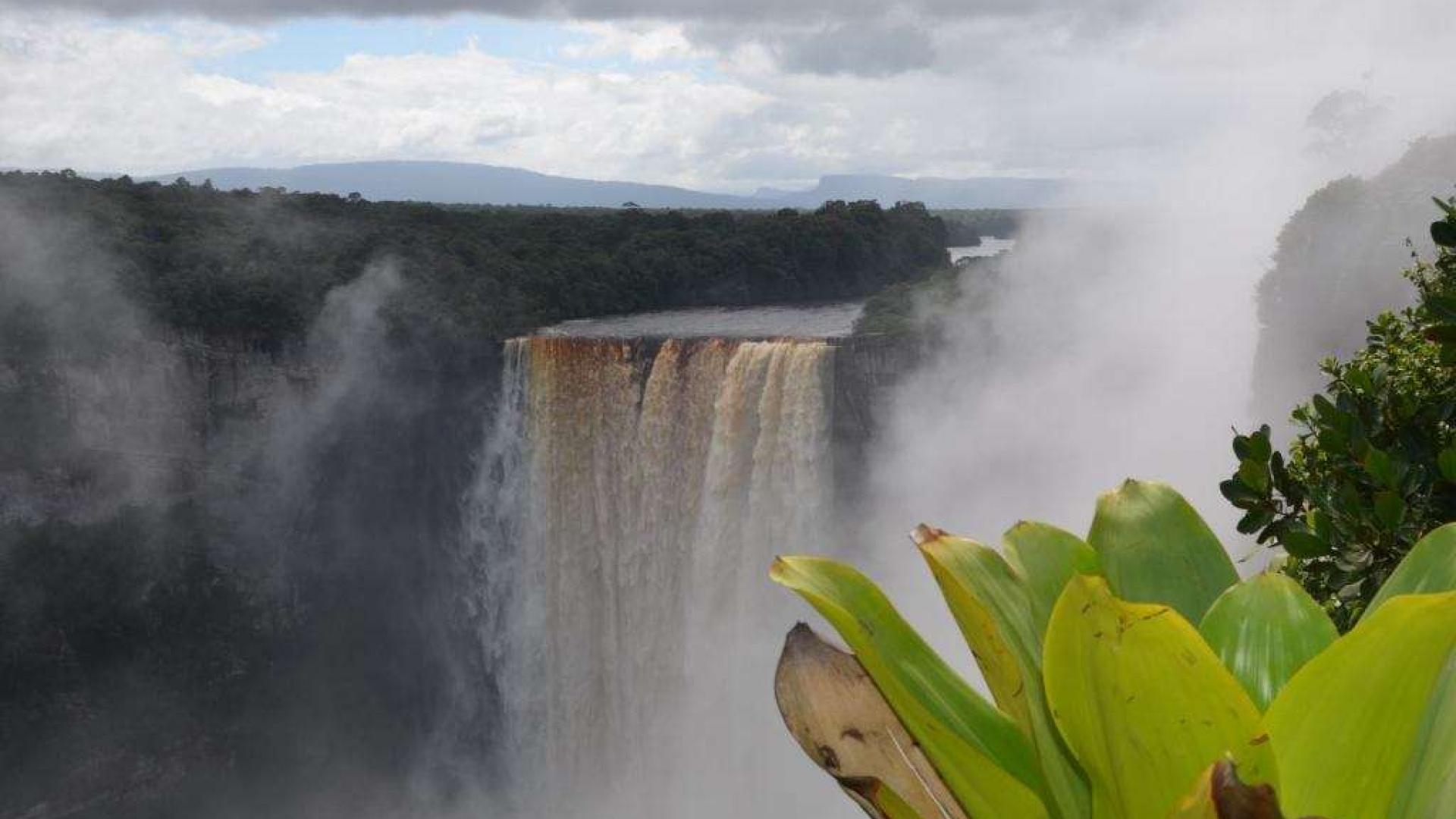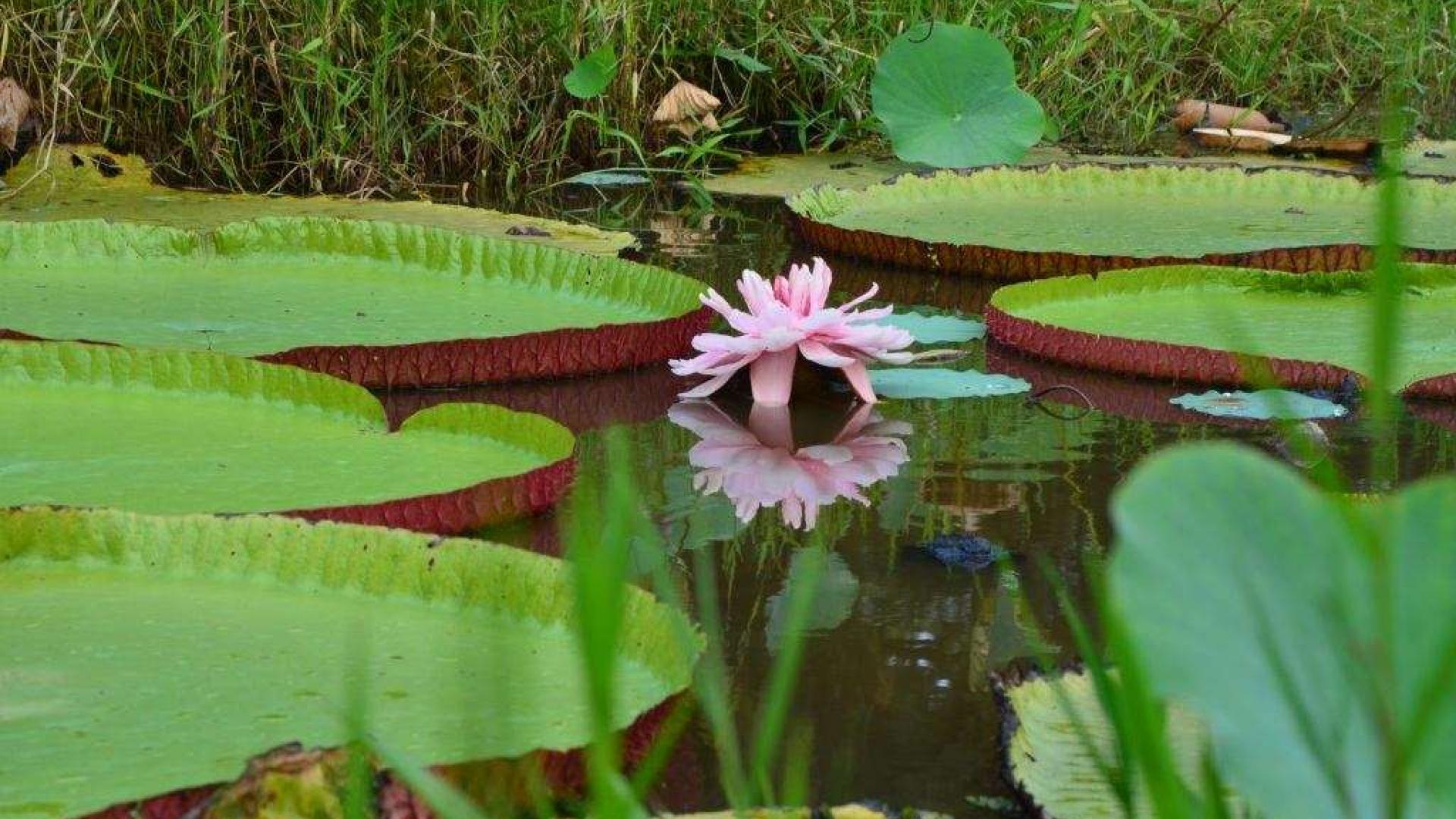Customs and traditions of the peoples of South America
It is impossible to describe the population of South America using only the criteria of ethnic origin. Too simplistic to describe the Guyanese society is a society of different racial groups. Terms such as Indo-Guyanese and afroGayantsy relate to ethnic identity.  But the significant physical and cultural differences exist between ethnic communities. Such a division may lead to the erroneous conclusion that there are two quite different from the Guyanese origin, behavior, and political and economic interests in the same country.
But the significant physical and cultural differences exist between ethnic communities. Such a division may lead to the erroneous conclusion that there are two quite different from the Guyanese origin, behavior, and political and economic interests in the same country.
All immigrant groups have adapted to the dominant British culture in the colony. In many ways the descendants of various immigrant groups resemble each other more than their ancestors. In addition, the descendants of immigrants who have gone beyond their former social niches. Indo-Guyanese can be found not only on sugar cane and rice, but also in cities where some of them have become entrepreneurs, professionals, or just working. AfroGayantsev can also be found at all levels of the Guyanese society.
All immigrants in Guyana is a common experience. They all worked on the plantations. Changed with the abolition of slavery character of the labor force, but not the work itself. Indians performed the same job as the African slaves, in front of them lived in the same housing as the former slaves. All immigrants were the dominant influence of the British system of values, and they had nowhere to keep their value.
Africans see themselves as belonging to different cultural groups, Indian society was also differentiated by religion and caste. For the British, however, belong to the race was the only symptom, and all Indians were classified into one group and all the other Africans.
The greatest influence on the assimilation has had use of language. English became the primary language of all Guyanese, except for some old and some American Indians. The universal use of English was a powerful unifying cultural force.
The descendants of immigrant groups became more anglicized. Cultural differences were weak. Even the physical differences blurred through intermarriage. Cultural differences remain symbolic. Many of these cultural differences are not passed on, and appeared on the site. For example, a Guyanese Hindu closer to Islam and Christianity than most native Hinduism.
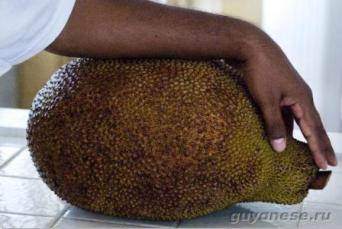 Humanity tend to think stereotypes. And the population of South America divided into groups by stereotyping the same population of South America.
Humanity tend to think stereotypes. And the population of South America divided into groups by stereotyping the same population of South America.
The racial stereotype developed in Guyana in the early foundation of the colony. British planters characterized Africans as physically strong but lazy and irresponsible. The Indians were described as hardworking, but the clan, and Greedy. To some extent, these stereotypes have been recognized by the immigrants, with positive stereotypes readily attributed to themselves and negative stereotypes - to others.
In the development of the country's stereotypes attributed to behavior of various nationalities. Africans were described as short-sighted when they refused to work for low wages on plantations or enter into long-term contracts with plantation owners. The Indians were called selfish when all efforts directed at the maximum capital purchase.
Guyana is today less likely to stereotype ethnic characteristics. Greater importance now have other differences. There is a gradation in the "capital" manners and mannerisms "coolie." However, what is considered the capital of the province of manners, at the same time can be recognized in manners coolie capital itself.
Along with these stereotypes and maintained a colonial attitude towards the European countries where all the idealized British customs, manners and behavior. Conservation Eurocentrism contributed to the British system of education. The idea of the superiority of British culture has been recognized and accepted among the slaves. In particular, former slaves still believe that a commitment to Christianity is a sign of civilized man.
The middle class, which was formed in the late nineteenth century of the environment and the Indo-Guyanese afroGayantsev also based largely on British values, the idea was that as the most progressive and civilized.
- Log in to post comments

